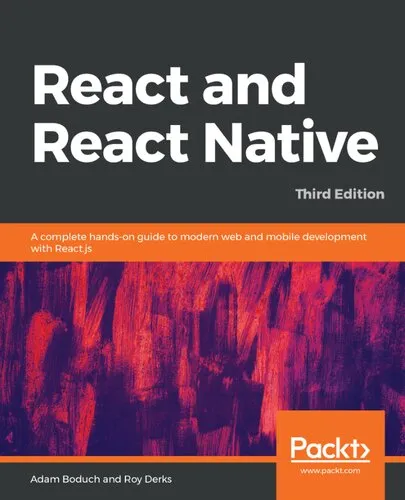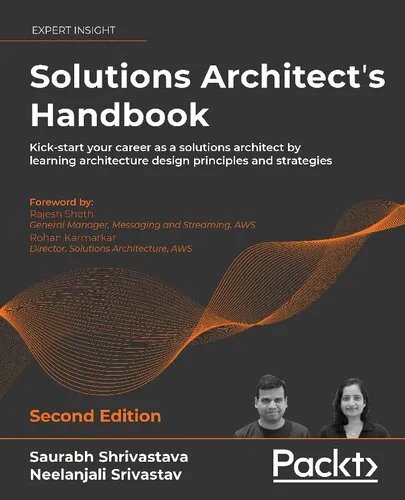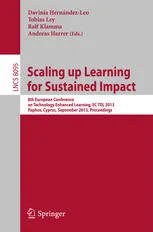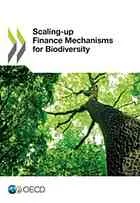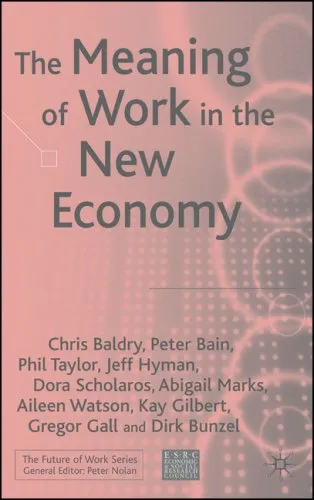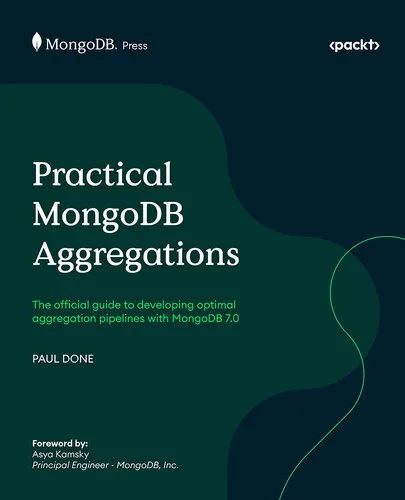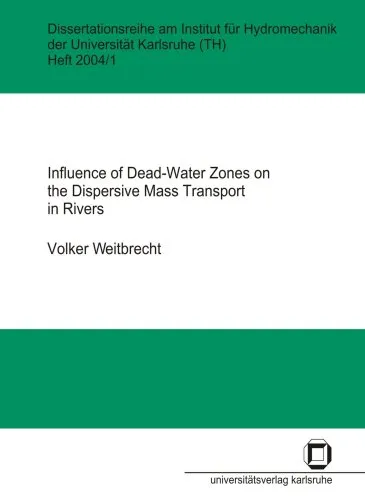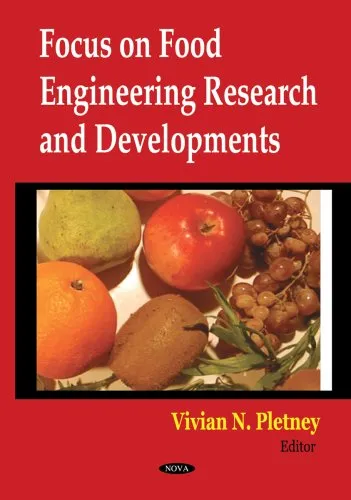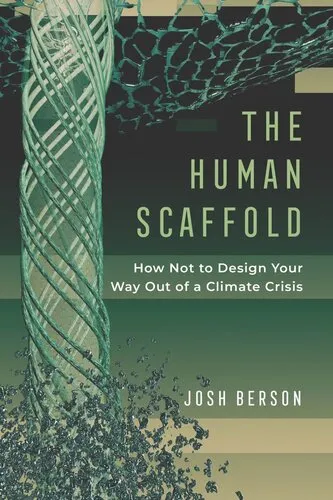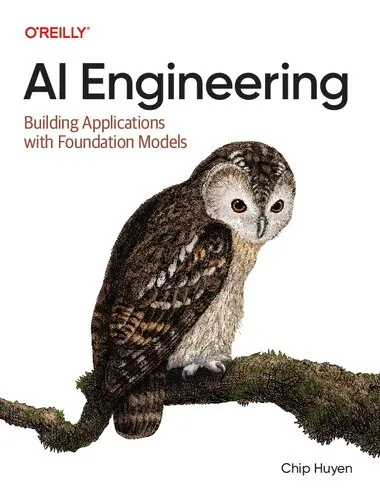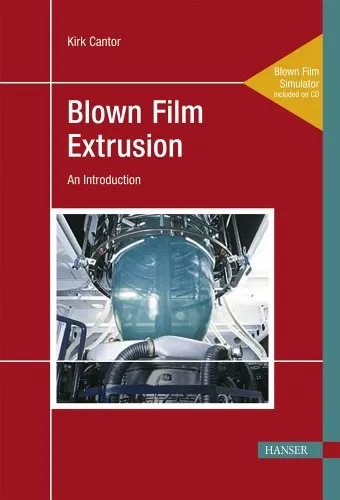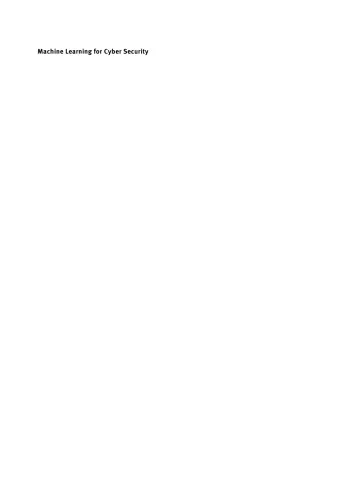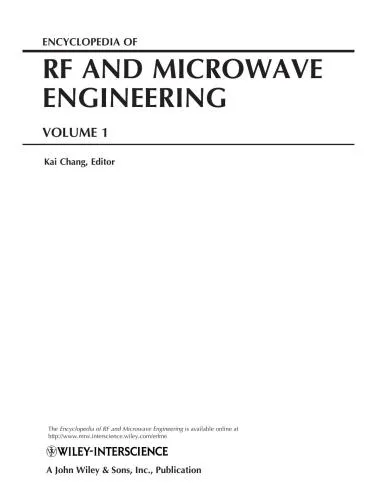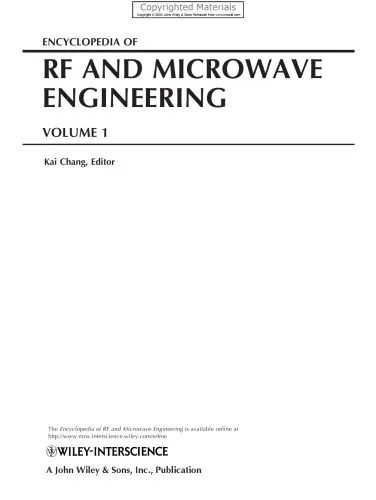Environmental Engineering Sciencepp.ees.2020.0125
4.6
Reviews from our users

You Can Ask your questions from this book's AI after Login
Each download or ask from book AI costs 2 points. To earn more free points, please visit the Points Guide Page and complete some valuable actions.Related Refrences:
Analytical Summary
The book Environmental Engineering Sciencepp.ees.2020.0125 offers an in-depth and systematic exploration of the principles, practices, and challenges in environmental engineering, synthesizing advanced theoretical frameworks with practical case studies for academic and professional audiences. It serves as an authoritative source for connecting interdisciplinary scientific insights with tangible engineering solutions aimed at environmental sustainability.
Written by Jiang Xue, Ai Shenghao, Yang Siqian, Zhu Mengke, Ai Yingwei, Ai Xiaoyan, Yang Jingyan, and Huang Chengmin, the work brings together diverse expertise to tackle pressing global concerns such as pollution control, resource management, and the engineering of sustainable infrastructure systems. Throughout the text, readers encounter rigorous analysis grounded in current research, integrated with perspectives from chemistry, physics, and economic policy.
Information regarding the exact publication year is unavailable due to the absence of a reliable public source verifying this detail; however, the technical depth indicates a contemporary engagement with environmental engineering discourse.
This analytical synthesis is particularly valuable for those seeking detailed methodologies, performance assessment tools, and the interrelation between engineered systems and ecological processes. The authors provide frameworks for evaluating pollutant transport, treatment efficiency, and design adaptation in the face of climate variability.
Key Takeaways
Readers of Environmental Engineering Sciencepp.ees.2020.0125 will gain a nuanced appreciation for the interdisciplinary nature of environmental engineering, discovering how sustainable infrastructure design dovetails with effective pollution control strategies.
One critical insight is the necessity of integrating scientific data with engineering practice to produce robust frameworks that can respond to unpredictable environmental stresses.
Additionally, the book underscores the importance of life-cycle assessment, regulatory alignment, and stakeholder engagement in the success of environmental projects.
A recurring theme is the balance between innovation and feasibility, ensuring that cutting-edge solutions remain accessible and adaptable for diverse contexts.
Memorable Quotes
“Engineering solutions are most powerful when guided by nature’s wisdom and empirical evidence.” Unknown
“Sustainable infrastructure is not merely a design challenge, but a commitment to future generations.” Unknown
“Pollution control strategies succeed when science and policy walk the same path.” Unknown
Why This Book Matters
In the modern era of escalating environmental challenges, having a reliable, academically rigorous resource such as Environmental Engineering Sciencepp.ees.2020.0125 is essential for practitioners and researchers.
Its comprehensive scope bridges the gap between theoretical patterns and applied engineering, making it invaluable for informed decision-making. The collaborative authorship ensures that diverse specialisms inform each aspect of the work, resulting in multifaceted solutions to complex issues.
By examining sustainable infrastructure and pollution control strategies in tandem, the book empowers readers to envision projects that are technically sound, ecologically beneficial, and socially responsible.
Inspiring Conclusion
Ultimately, Environmental Engineering Sciencepp.ees.2020.0125 stands as a pivotal text, inviting not only academic engagement but also active professional discourse on the future of sustainable engineering.
For those committed to advancing environmental engineering—whether through research, policy development, or project implementation—this book offers fertile ground for innovation and collaboration. It challenges the reader to translate knowledge into action, fostering solutions that address ecological problems with precision and foresight.
We encourage you to read, share, and discuss its insights within your community, sparking conversations that can lead to transformative change in how we design and maintain the systems that support life on Earth.
Free Direct Download
You Can Download this book after Login
Accessing books through legal platforms and public libraries not only supports the rights of authors and publishers but also contributes to the sustainability of reading culture. Before downloading, please take a moment to consider these options.
Find this book on other platforms:
WorldCat helps you find books in libraries worldwide.
See ratings, reviews, and discussions on Goodreads.
Find and buy rare or used books on AbeBooks.
1486
بازدید4.6
امتیاز0
نظر98%
رضایتReviews:
4.6
Based on 0 users review
Questions & Answers
Ask questions about this book or help others by answering
No questions yet. Be the first to ask!

